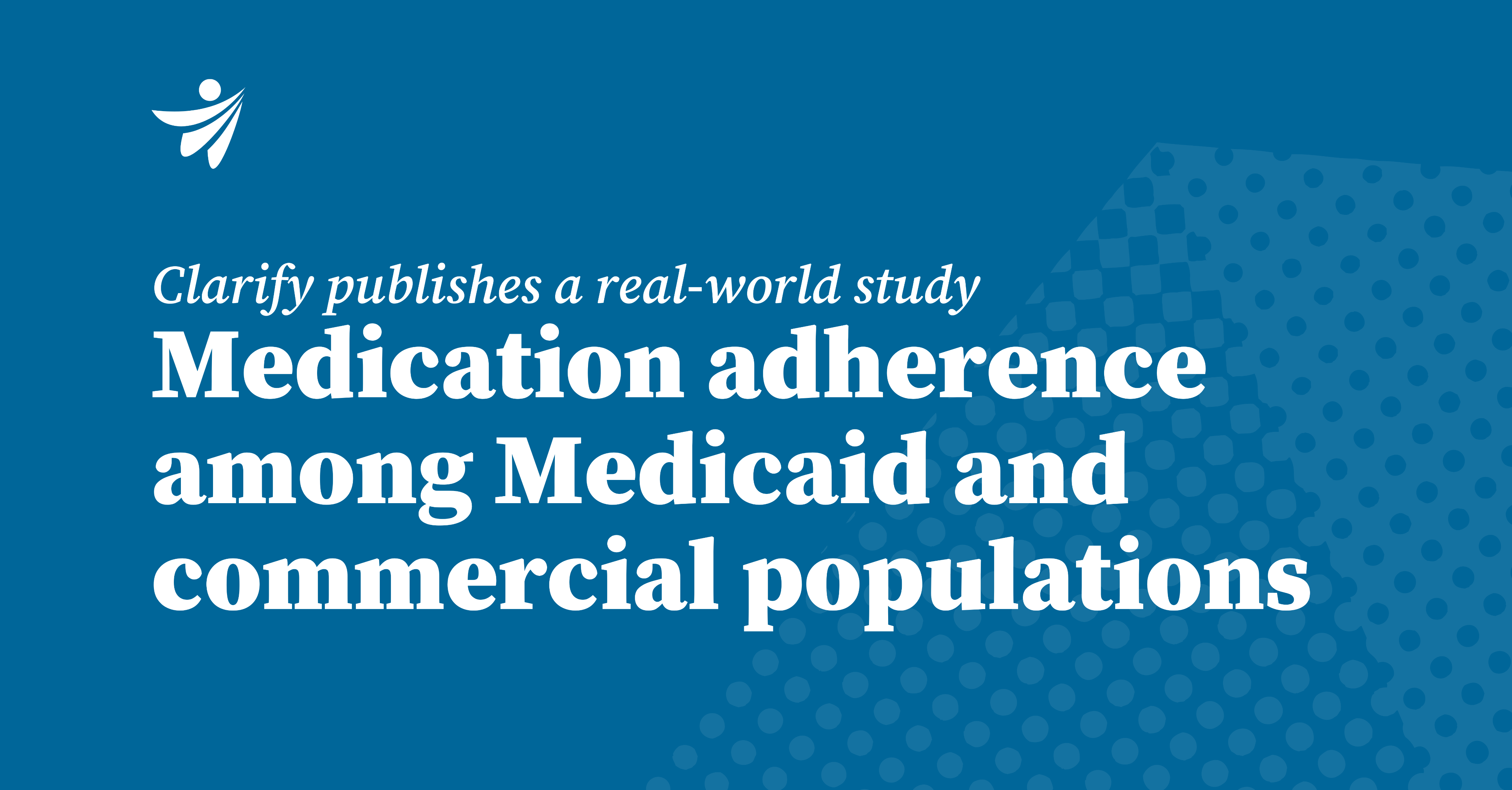
Healthcare Insights
Feb 15, 2023
Insights for Life Sciences | May 20, 2022

pGHD is a medical condition that affects a child’s puberty and physical development. Somatropin injections are used to treat pGHD, improve growth in childhood, and prevent or improve metabolic impairments seen with growth hormone deficiency. However, research suggests that implicit racial/ethnic biases may play a role in the underdiagnosis of pGHD and lower referral rate for treatment among Black as compared to white children. Additionally, adherence among at-risk patients can be impacted by financial barriers, social and emotional barriers, physician-patient interactions, information barriers, and socioeconomic barriers.
Clarify conducted a retrospective cohort study evaluating real-world medication adherence among patients with pGHD, particularly across at-risk populations of lower socioeconomic status and within racial and ethnic subgroups in the US. Clarify, they conducted a retrospective cohort study to assess the differences. The study “Suboptimal adherence to prescribed daily growth hormone regimen among Medicaid beneficiaries in the United States” was published in the journal of Current Medical Research and Opinion in April 2022. The results showed that at 12 months, lower age Black children had greater odds of suboptimal adherence (versus white children). Additionally, discontinuation was associated with Black race and geographic region.
Patients’ real-world adherence to recommended treatment can differ from adherence during clinical trials, where patients are controlled, and the full benefit of a drug is observed. Real-world studies can help pharmaceutical companies and providers understand how to improve utilization and outcomes.
To conduct the analysis a database was used that included comprehensive information on patient demographics, including race and clinical data containing 100% of the state-level Medicaid claims submitted to CMS.
The clinical informatics team at Clarify used their claims data expertise to develop the study methodology, conduct data analysis, interpret results, and provide feasibility counts. The team helped inform decisions about the analysis and performed iterations and sensitivity tests before and after the protocol design to refine the analysis and ensure accurate results and methodology. The study design was verified by practicing clinicians to ensure the study results were grounded in clinical practice.
Learn how Clarify’s life sciences solutions are helping pharmaceutical and biotechnology companies leverage real-world evidence. Clarify delivers insights on over 300 million patient lives and more than 400 social determinants of health factors with machine-learning precision.
Read the full study published in Current Medical Research and Opinion.